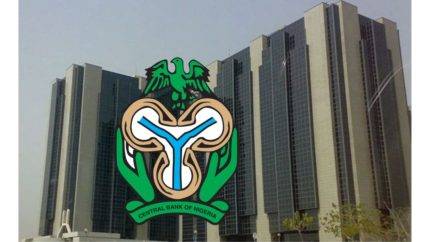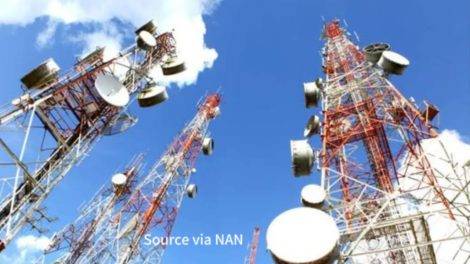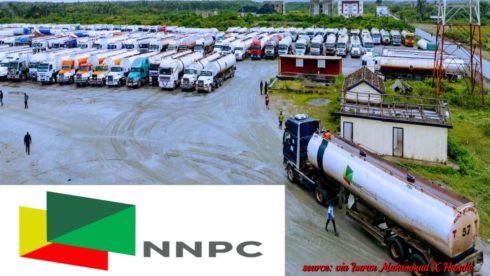The slashing of an undersea cable on Thursday dealt a severe blow to broadband internet connectivity in Nigeria and several West African countries, leading to significant disruptions in banking operations and financial services. The aftermath of the incident left banks, financial institutions, and telecom companies grappling with reduced capabilities, forcing them to scale back on their usual activities. This setback reverberated across various sectors, leaving clients unable to conduct crucial transactions, exacerbating the inconvenience caused by the widespread service outages.
Reuben Muoka, the Director of Public Affairs at the Nigerian Communications Commission (NCC), confirmed the extent of the disruptions, attributing them to cable cuts that resulted in equipment faults on major undersea cables along the West African coast. The affected cables, including the West African Cable System and African Coast to Europe, experienced faults, while others such as SAT3 and MainOne faced downtime. Furthermore, undersea cables providing connectivity from Europe to the East Coast of Africa, such as Seacom, Europe India Gateway (EIG), and Asia-Africa-Europe 1 (AAE1), were reportedly cut, resulting in degraded services across multiple routes.
Repair efforts have commenced on the damaged cables, with service providers pledging to work tirelessly to restore services to affected countries promptly. However, the magnitude of financial losses incurred by banks and other affected entities remains uncertain, underscoring the widespread impact of the undersea cable disruption on economic activities across the region.
Client Frustrations Mount as Internet Services Remain Disrupted
The repercussions of the undersea cable cut extended beyond business operations to affect individual consumers, who found themselves unable to access essential services and conduct routine transactions. With internet access and speed experiencing disruptions across multiple networks in Nigeria and other West African countries, frustrations mounted among clients of banking and telecommunication companies. The inability to perform crucial transactions, access online services, and communicate seamlessly compounded the inconvenience caused by the widespread service outages.
As repair work commenced on the damaged cables, clients remained hopeful for a swift resolution to the disruptions. However, the ongoing nature of the restoration efforts meant that many continued to face challenges in accessing reliable internet and telecommunication services. The situation underscored the critical role of undersea cables in facilitating connectivity and highlighted the vulnerability of the region’s digital infrastructure to such unforeseen events.
Restoration Efforts Underway Amidst Uncertain Financial Toll
While repair work progresses on the damaged undersea cables, service providers are working diligently to reinstate services to affected countries in West Africa. The commitment to expedite the restoration process reflects the urgency of mitigating the economic impact of the disruptions on businesses and individual consumers alike. However, uncertainties persist regarding the exact financial losses incurred by banks and other affected entities, as the full extent of the damage continues to unfold.
The undersea cable cut serves as a stark reminder of the vulnerabilities inherent in the region’s digital infrastructure and underscores the need for robust contingency plans to mitigate future disruptions. As stakeholders collaborate to address the immediate challenges posed by the incident, attention must also be directed towards enhancing the resilience of critical telecommunications infrastructure to safeguard against similar events in the future. Amidst the ongoing restoration efforts, stakeholders remain vigilant, recognizing the imperative of ensuring uninterrupted connectivity to support economic growth and development in the region.
Impact on Regional Connectivity and Economic Activities
The disruption in undersea submarine cables has far-reaching consequences, affecting not only internet connectivity but also various sectors reliant on seamless digital communication. Businesses, educational institutions, and government agencies across West Africa are grappling with the repercussions, including interrupted operations, communication breakdowns, and financial losses. The prolonged duration of the expected internet outage poses a significant challenge to the region’s socio-economic development, hindering productivity and innovation.
Moreover, the timing of the incident exacerbates its impact, coinciding with a period of heightened reliance on digital platforms due to the ongoing global pandemic. With remote work, online learning, and e-commerce on the rise, the inability to access stable internet services adds strain to individuals and organizations already navigating uncertain times. Furthermore, the ripple effects extend beyond national borders, affecting international collaborations, trade partnerships, and diplomatic relations. As countries strive to mitigate the fallout from the internet disruption, urgent measures are needed to address the underlying vulnerabilities in the region’s digital infrastructure.
Table of Contents
Discover more from OGM News NG
Subscribe to get the latest posts sent to your email.














